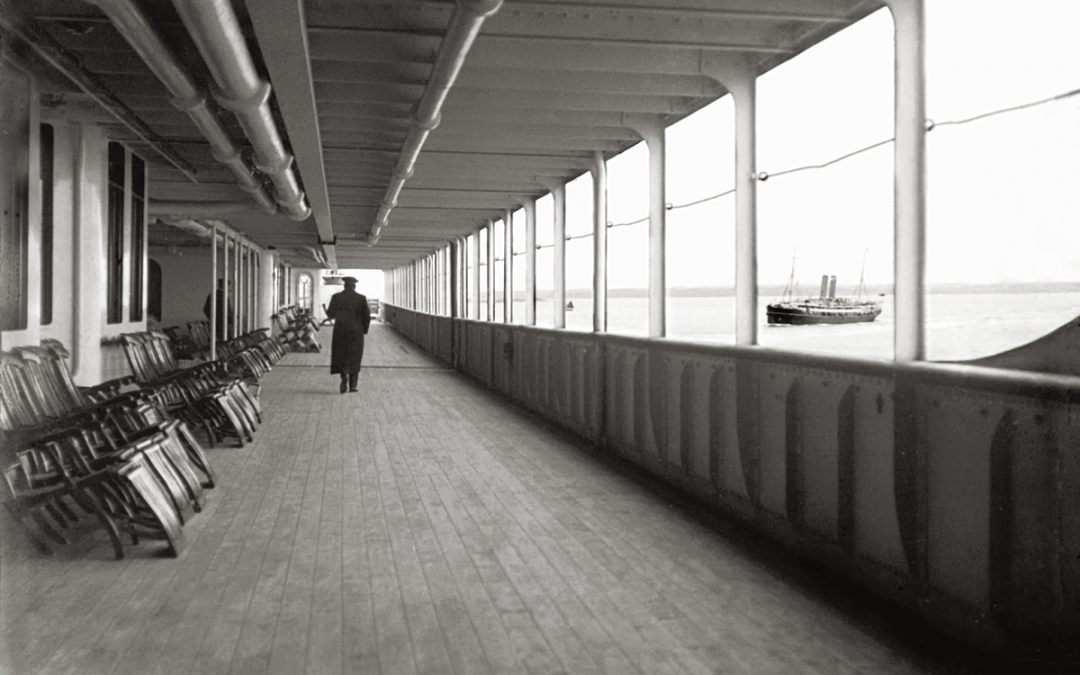I noticed in the Wikipedia entry for the English word ‘crisis’ that its use has grown considerably since the 1950s. This led me to reflect: are we using the word more because we are increasingly and cumulatively submerged by crises, environmental, existential, as a species, as a world? It led me to think about the development of the word itself.
The word’s early usage in English (from the 1400s) was in a medical setting, to denote the point in an illness – a turning point between recovery and deterioration. The meaning in Greek and Latin has a nuance giving a person agency about taking a decision, choosing one way or another, being discerning.
 In Chinese, the two characters ‘wei’ ‘ji’ together mean ‘crisis’ but the etymology is interesting. The first character ‘wei’ means danger and the Western world has long cited the second character ‘ji’ to mean opportunity – neatly allowing gurus, new age thinkers, pop psychology aficionados, seminars on “thinking outside the box” to apply the attractive notion that opportunity emerges from danger, perhaps exhorting us to seek an opportunity amidst difficulties.
In Chinese, the two characters ‘wei’ ‘ji’ together mean ‘crisis’ but the etymology is interesting. The first character ‘wei’ means danger and the Western world has long cited the second character ‘ji’ to mean opportunity – neatly allowing gurus, new age thinkers, pop psychology aficionados, seminars on “thinking outside the box” to apply the attractive notion that opportunity emerges from danger, perhaps exhorting us to seek an opportunity amidst difficulties.
This perhaps is a case of wishful thinking. Maybe opportunity does sometimes emerge from danger, but not always and certainly not neatly. The actual meaning of the second character ‘ji’ (according to Professor of Chinese language and literature Victor H Mair, of Pennsylvania) is ‘an incipient moment’ or ‘crucial point’. It is a moment where quick thinking and decision making can make all the difference between a situation going one way or another. As Mair says, ‘In a crisis, we only want to save our skin and neck!’
Maybe we have a modern fascination for crises as we experience more of them? Starting in the lockdown, newspaper editor, Downing Street Communication Director, and one-time inmate of HMP Belmarsh, Andy Coulson has interviewed many ‘survivors’ who have ‘been in the room’ when disaster struck on his podcast: Crisis, what Crisis? The podcast has many followers who fascinated by the experiences and the life lessons many have forged as a result.
I wonder whether we can all remember such moments in our lives, a turning point, a moment of sharp intake of breath or clarity where we instinctively know we are at a crossroads and a choice has to be made, for our good, for our best survival? I can think of at least three in my own life and the choices I made have certainly taught me much.
For many I work with in psychotherapy, the choices, the turning points are not one-off but repeated acts, efforts of will as part of a process, where a person repeatedly chooses to turn towards help, or good things, or abstinence, or to go a to place or person they know is right or healthy for them, again and again. Post-traumatic growth is often rather like this, as I explore in Chapter 20 of my book 20 Ways to Break Free from Trauma.
Another interesting Greek word, ‘metanoia’, incorporates this meaning, a re-orientation of outlook and a turning around or changing direction, often hard-won after much disciplined psychological weight-training and through facing painful things and working out what is most important.
I end this piece by sharing the photograph above. It was taken by Francis Browne of Titanic’s port side A-Deck promenade, and snapped on 11 April 1912, the day before the fateful accident. Seeing this causes me to stop and reflect. The person photographed perhaps had one day left of life and, at that moment, did not know it. Yet we are all on our own Titanics, our length of life uncertain. If we knew we only had hours, what might we seize, what risk might we take, what might we do differently?

